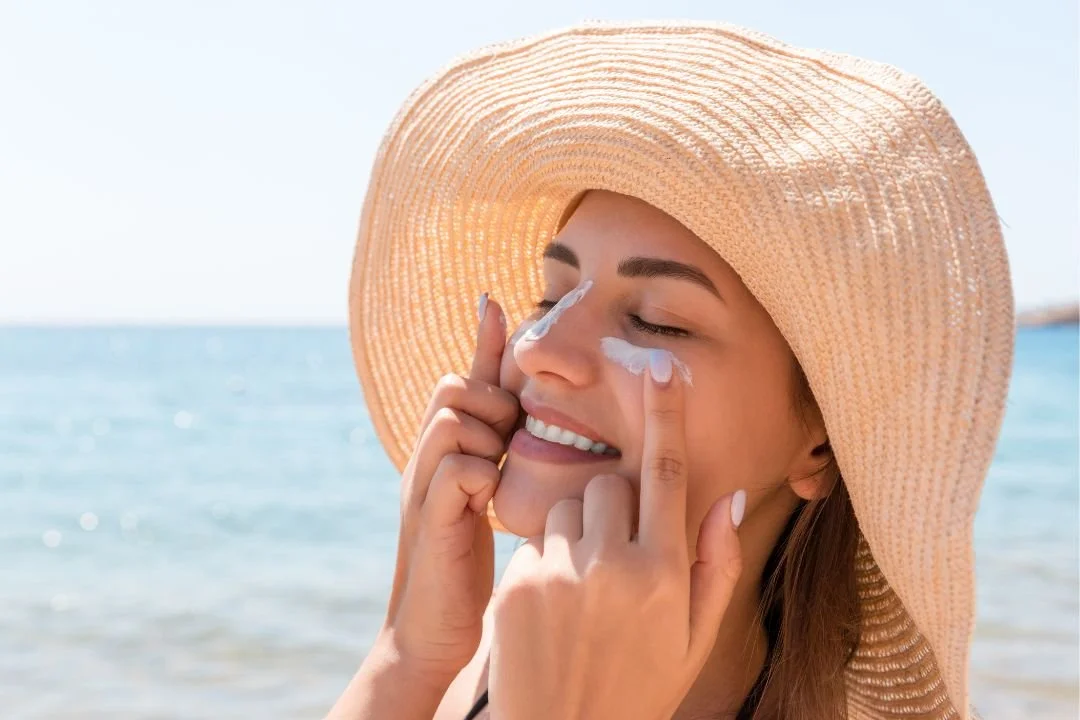Sunscreen: What You Need to Know
It’s common knowledge that sunscreen is crucial to protect your skin against the sun’s harmful UV rays, but many questions about sunscreen may still be left unanswered. Let’s unravel some frequently asked questions about sunscreen:
Who should wear sunscreen?
Because anyone can get skin cancer, regardless of age, skin color, or gender, everyone should wear sunscreen. Alongside the benefit of reducing the risk of skin cancer, sunscreen can also help to prevent premature aging like age spots and wrinkles.
What sunscreen is best?
Dermatologists recommend using sunscreen with the following attributes:
SPF 30+ – Shields against 97%+ of the sun’s harmful UV rays.
Broad-Spectrum Protection – Combats both UVA (cause premature aging) and UVB (cause sunburn) rays from the sun.
Water Resistant – No sunscreen is waterproof.
Additionally, there are many types of sunscreens to choose from:
Creams – Dry skin, facial areas
Gels – Oily complexions, hairy areas (i.e., scalp or male chest)
Stick – Around eyes
Sprays – Sprays are convenient, especially for children. Be sure to apply sunscreen until the skin glistens, and then rub the sunscreen into the skin for even and best coverage.
When should I apply sunscreen, and how much is appropriate?
Sunscreen should be used every day on skin that will be exposed to the sun when outside. (Even on cloudy days, the sun’s rays can penetrate the clouds!) Allow sunscreen to dry for 15 minutes before going outside and be sure to use lip balm with an SPF 30+ on lips. Apply every two hours and always after swimming or sweating.
Can I use the same sunscreen from last year?
FDA regulations require that sunscreens retain full strength for a minimum of three years. If the bottle has an expiration date, this three-year mark has passed, or the product has changed in color or consistency, throw it away. Do not leave sunscreen in a hot environment or under direct sunlight as it will increase the rate at which the ingredients break down.
Although sunscreen is important, it should not be the only method used to protect your skin from the sun. Dermatologists also recommend wearing sun-protective clothing, seeking shade, avoiding tanning beds, and using caution near water, snow, or sand where the reflection of the sun is magnified.
If you have questions about sun protection or need to schedule an annual skin check, call our office at Dermatology of North Asheville at (828) 253-2533; we’d love to help you.

